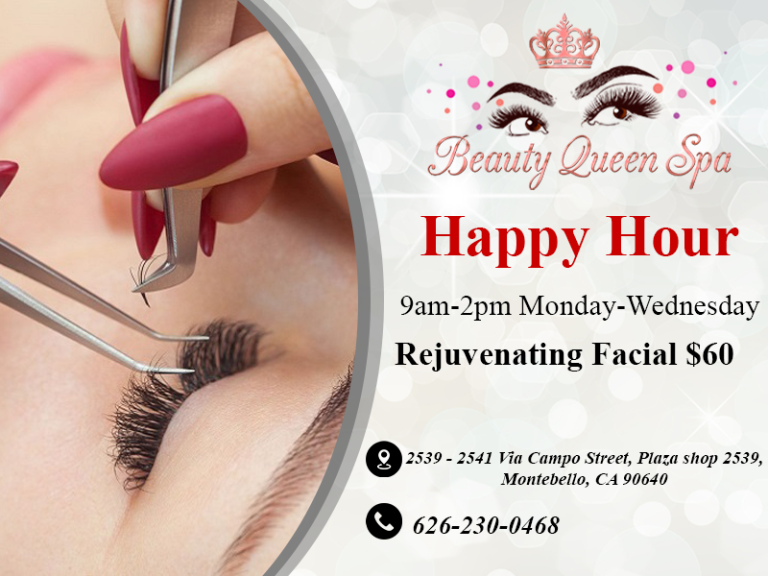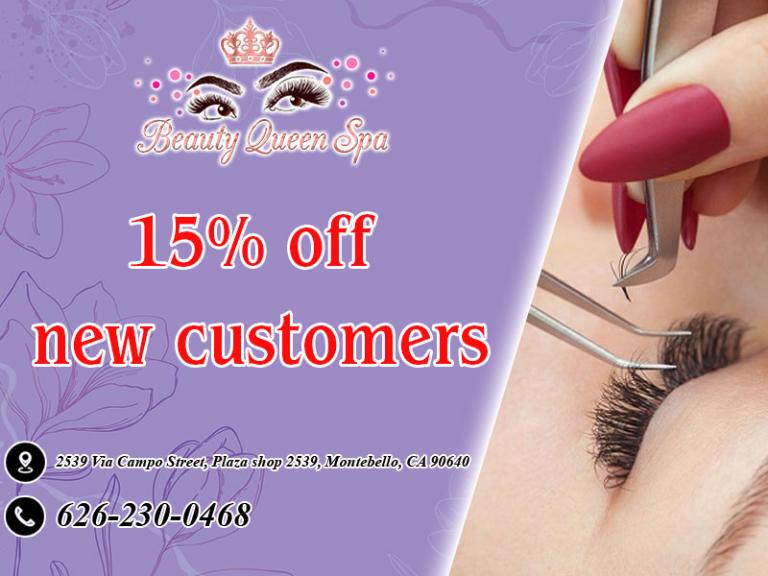When it comes to skin care products, many people wonder whether it’s normal for products to cause a burning sensation. This article will help clear up that confusion, explain the science behind it, and provide you with information on what to do if your skin starts to react.

Understanding the Burning Sensation in Skin Care Products
What Causes the Burning Sensation?
- Ingredients at Work: Skincare products often contain active ingredients like acids, retinoids, or vitamin C that can cause a tingling or burning sensation. This is usually due to their ability to exfoliate or deeply penetrate the skin.
- Skin Type Matters: Sensitive skin or compromised skin barriers are more likely to experience discomfort when exposed to potent ingredients.
Types of Ingredients that Cause Burning Sensations
- Alpha Hydroxy Acids (AHAs): Exfoliating acids like glycolic or lactic acid work by dissolving dead skin cells, which may cause a slight burning feeling during application.
- Retinoids: Used to boost cell turnover, these compounds often cause dryness and irritation as your skin adjusts.
- Vitamin C: Some forms of vitamin C, especially ascorbic acid, can cause irritation in sensitive skin types.
When Is a Burning Sensation Normal?
Some tingling or mild irritation is perfectly normal and may even indicate that the product is working. Here’s a breakdown:
- Mild Tingling: Often experienced when using exfoliating acids. This is a sign the product is effectively loosening dead skin cells.
- Warmth: A warm sensation can be a result of active ingredients increasing circulation or enhancing skin cell turnover.
- Peeling or Flaking: Can happen with exfoliants or retinoids, and is a sign that the skin is renewing itself.
When to Be Concerned
Not all burning sensations are benign. Here are some signs that indicate irritation or an allergic reaction:
- Severe Redness: If your skin becomes excessively red or inflamed, this may signal an allergic reaction.
- Pain: A sharp, stinging sensation that doesn’t subside quickly.
- Blistering or Peeling: If your skin begins to blister or peel in larger areas, this is a sign of overexposure.
How to Manage Irritation
If you find yourself with skin irritation, follow these steps:
- Stop Using the Product: Cease application until your skin has healed.
- Apply Soothing Products: Look for products with aloe vera, chamomile, or calendula to calm the skin.
- Use Sunscreen: Skin may become more sensitive to the sun after using exfoliating products, so ensure you use a broad-spectrum sunscreen.
- Consult a Dermatologist: If irritation persists or worsens, it’s best to consult a professional.
Conclusion
While some skin care products are designed to cause a mild burning sensation, it’s important to know when this sensation is part of the process or a sign of irritation. Always listen to your skin and adjust your routine if necessary. If in doubt, consult a dermatologist to ensure your products are suitable for your skin type.
By being informed, you can confidently navigate your skincare routine without the worry of discomfort or adverse reactions.



